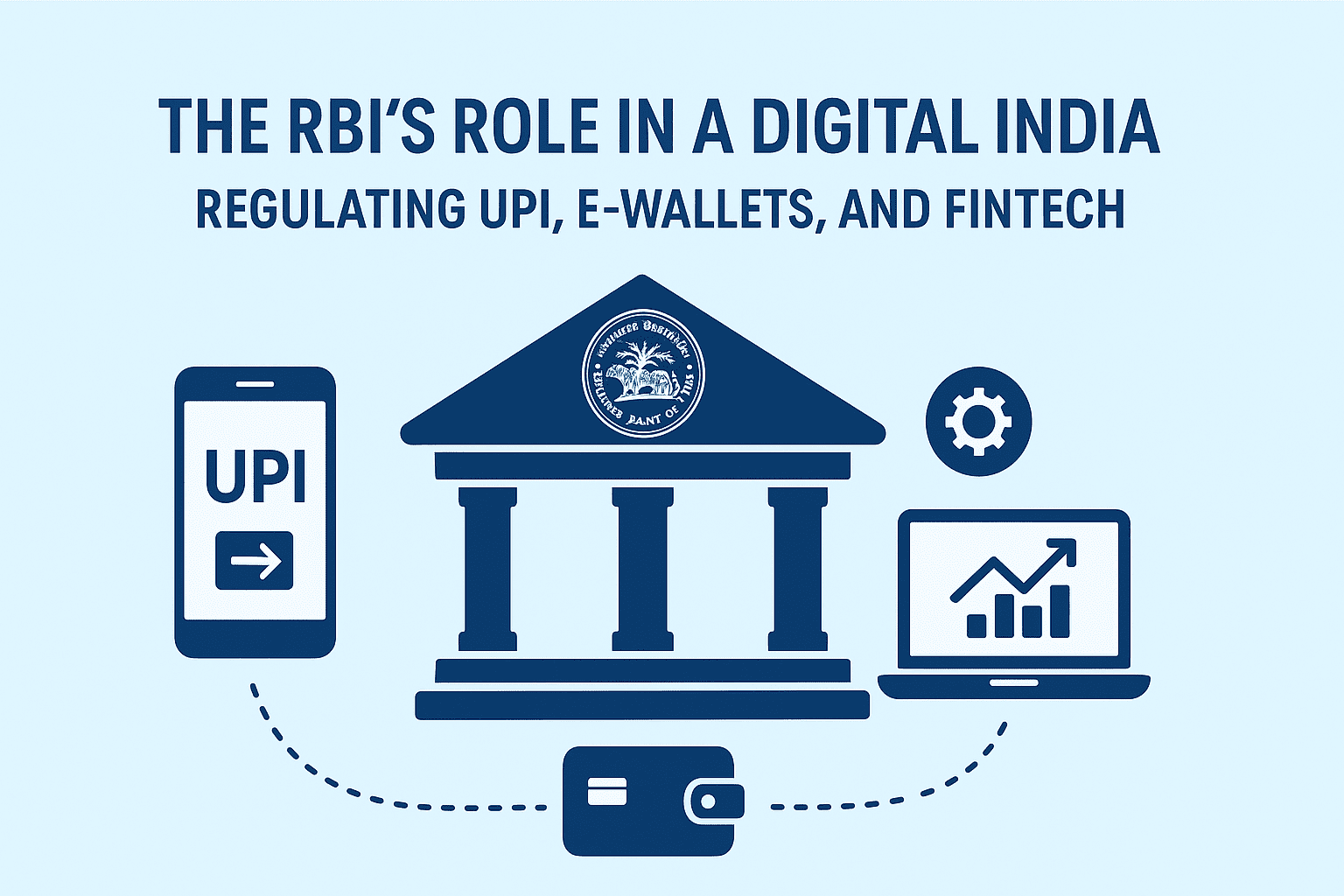The RBI’s Role in a Digital India: Regulating UPI, E-Wallets, and Fintech


The Paytm Editorial Team is a collaborative group of writers, editors, and industry experts. We're dedicated to bringing you the latest insights, news, and guides on digital payments, financial services, and the technology that's shaping India's economy. We offer easy-to-follow guides and insights to help you explore Paytm’s products, features, and services. Our goal is to provide clear, reliable, and helpful information to empower you on your financial journey.

If you’re wondering “why is my Paytm UPI payment failing?”, you’re not alone. UPI payments are quick and…
In today’s fast-paced world, digital payments have made our lives much easier, allowing us to send and receive…
હવે Paytm તમને તમારો મોબાઇલ નંબર છુપાવવાની સુવિધા આપે છે, જેમાં તમે તમારું નામ@ptyes અથવા તમારું બિઝ@ptaxis જેવી…
Sending money or paying for things with your phone has become wonderfully straightforward. You tap, you pay, and…
డిజిటల్ పేమెంట్స్ యుగంలో, డబ్బు పంపేముందు UPI ID ని వెరిఫై చేయడం చాలా ముఖ్యం. ఇది తప్పులను నివారించడమే కాకుండా స్కామ్ల నుండి…
The benefits of creating a personalized UPI ID in India extend far beyond simple customization. They represent a…